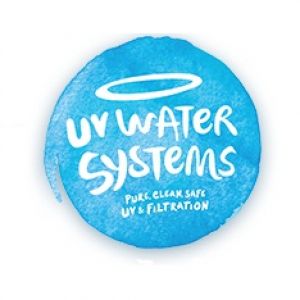Why Does Your Brewery in NZ Need a Commercial Water System?Posted by UvWatersystems on April 14th, 2021 For beer breweries, water filtration is critical. Why? Water is the main ingredient of beer, and the quality of water greatly influences how the beer tastes at a particular brewery. In previous times, brewers used water that was available locally without treating it. However, nowadays, the quality of groundwater is degrading due to increasing water pollution. Even the water you get from the municipality cannot be deemed safe because pollutants get mixed on the way of supplying due to broken or old aged pipes. In New Zealand, pollution problems in lowland waterways are often serious. According to Environment Guide, 71% of groundwater sites sampled during 2012-2014 failed to meet the standards of drinking water. So, having a brewery in New Zealand means you need to install commercial water systems to produce beer that is safe to drink and has an improved flavor profile. Installing the right water filtration systems allow brewmasters to express creativity and maintain consistency across different batches. It helps them to gain control over taste and their ability to innovate. How Quality of Water Influences the Taste of Beer? Beer is made 90% of water. So, the quality and mineral composition of water have a significant influence on the flavor, composition of beer, and its pH. Water minerals will infuse distinct tastes and flavors and also affect the fermentation process. The pH of water has a great impact on the reproduction of yeast during fermentation. What Minerals Dissolved in Water Affect the Taste of Beer? Water hardness caused by the presence of dissolved calcium and magnesium imparts earthy or piney flavor. If chloride is present in the water used in your brewery, it can impart a metallic taste to the beer. Minerals, like sodium, sulfates, and carbonates, all impact the fermentation process. The presence or absence of each element will create a unique characteristic flavor to the beer. However, their deliberate use is critical because excess amounts of such minerals can lead to unpleasant taste and overpowering flavor profiles. Too much chlorine can hinder the fermentation process as it will kill the yeast. On the other hand, certain good ions can be beneficial for brewmasters. Some of these are:
However, their amounts in excess can lead to non-desirable outcomes in beers. Similarly, some ions can ruin beer brewing water. For instance:
Thus, to prevent all these harmful minerals from getting into your brewing water, you need to install a commercial water system, preferably, reverse osmosis system. It will help you get water in a pure, blank state. You can adjust levels of minerals to deliver the desired beer flavor and taste. Like it? Share it!More by this author |



